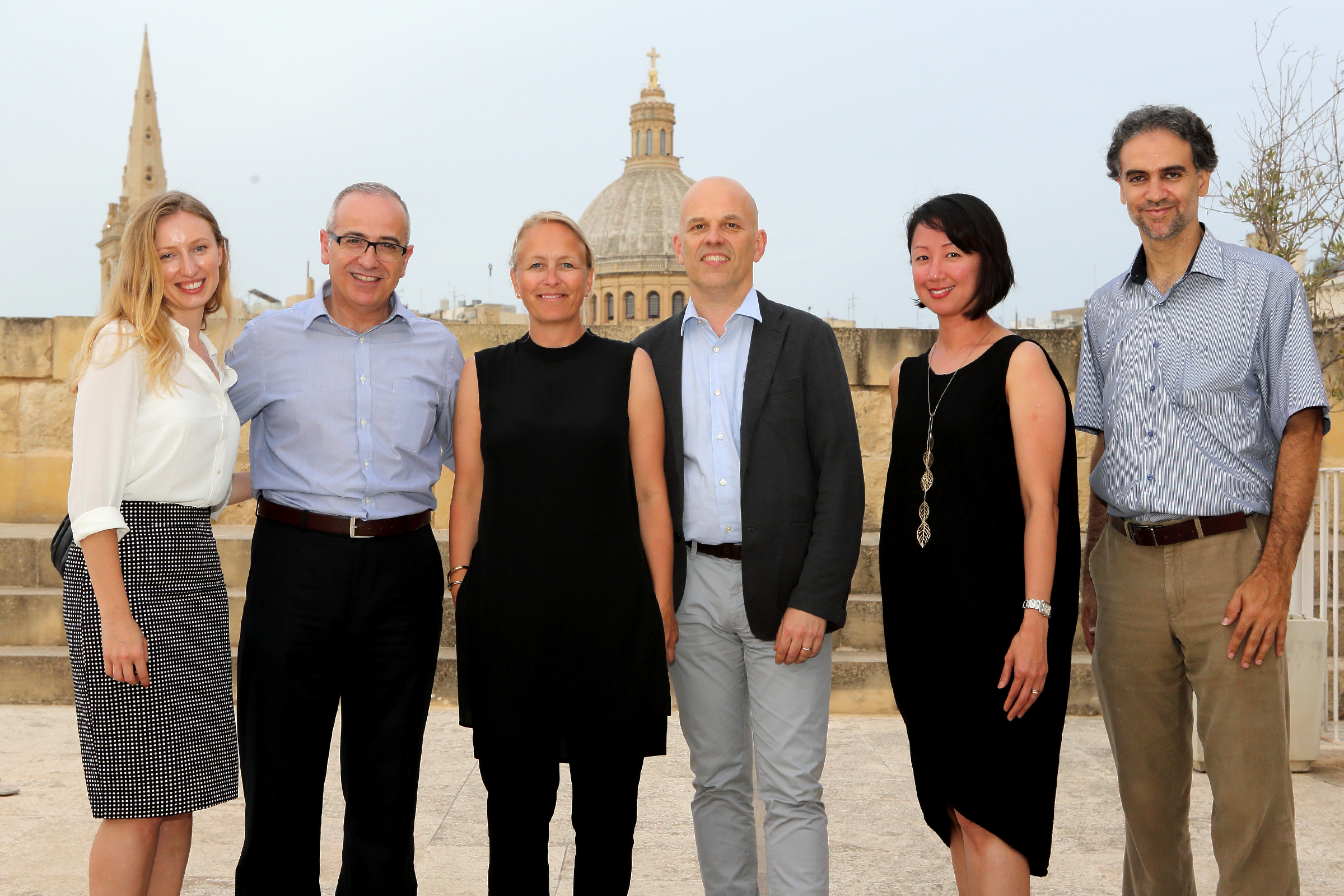Design for Europe in Malta: 2016


Last year, the Malta Business Bureau was appointed as Ambassador for the European Commission’s Design for Europe programme in Malta. The project was initiated in a bid to accelerate the EU’s innovation and economic growth potential. The consolidated EU strategy is a way of boosting the tremendous impact design can have on organisations of all sizes.
In applying Europe’s best practices and increasing the programme’s reach to the local scene in 2016, the MBB undertook several related initiatives together with the support of the major Design for Europe Project partners, each having copious expertise in design for business, the public sector and policy.
This year, the MBB acknowledged the need to address local design gaps and endeavoured to encourage Maltese businesses to become leaders in the market by opening up the doors for valuable opportunities centred around design innovation.

The MBB embarked on a pilot initiative, comprising a series of Industry workshops in June and September, focused on service design for a group of local enterprises operating in the services industry. As a result, the MBB has now tapped into international resources of expertise and best practices to address the various needs of local industry needs.
The participant companies in this year’s pilot now have the added ability to assess their business performance from a design perspective and have gained the necessary knowledge on how to implement a design services approach from their business environment.

Ensuing the direct follow up workshop organised on the 14th September, the MBB also organised a second workshop on the 15th September, also held at the Fortress Builders, Valletta. In its capacity as Design for Europe Ambassador in Malta, the key outcomes of MBBs Service Design initiatives as over the past 12 months were presented to a group of local stakeholders so as to take further the Design for Europe insights and discuss methods of collaboration and future actions in order to support design policy and support programmes in Malta.
In September, MBB also organised a high level Design Policy workshop comprised of Senior Officials from the Valletta Design Cluster, the Ministry of Economy, the Ministry of Finance, the Malta Tourism, the Arts Council Malta and Malta Enterprise, to explore effective ways of collaboration. During the workshop, the stakeholders identified the current and desired capabilities in Malta, whilst also prioritizing existing gaps in order to begin building the blocks for co-creation.

In facilitating effective dialogue between the different actors the MBB, together with the stakeholders has mapped current, national design systems and has identified local strengths and weaknesses for design. Based on this diagnostic, the workshops enabled participants to develop a design policy vision and actions that correspond to the gaps in the design system.
In October, the MBB presented Malta’s case study report at the Design for Europe Summit in Tallinn, Estonia. The report outlined the key outcomes of MBB’s design driven activities over the past 12 months – the results of which are intended to culminate in the establishment of a future launch of a design-in-business support programme in Malta. The ‘Powering Innovation’ conference welcomed over 200 pioneering individuals and organisations at the forefront of design-driven innovation coming together to share insights, best practice and trends on what generates success in business, government and the not-for-profit sector.
During the event, MBB was joined by two local companies who also participated in a tailor made company mission with the support of the Enterprise Europe Network.
In addition to the Summit, MBB CEO Joe Tanti was also invited to attend the masterclass workshop event in Lublin, Poland. The invite-only event for national Design for Europe Ambassadors took the form of a one day practical workshop, with international design experts Jonathan Ball (UK) and Justin Knecht (USA) with two aims. These were to explore and interrogate different national approaches to using design for innovation and economic growth and develop the leadership capacity of national Ambassadors, to drive this thinking within their own country.
The workshop was based on latest thinking whereby attendees were equipped to adapt the various approaches from the Business-Support Canvas method, to their own regional or national circumstances.

